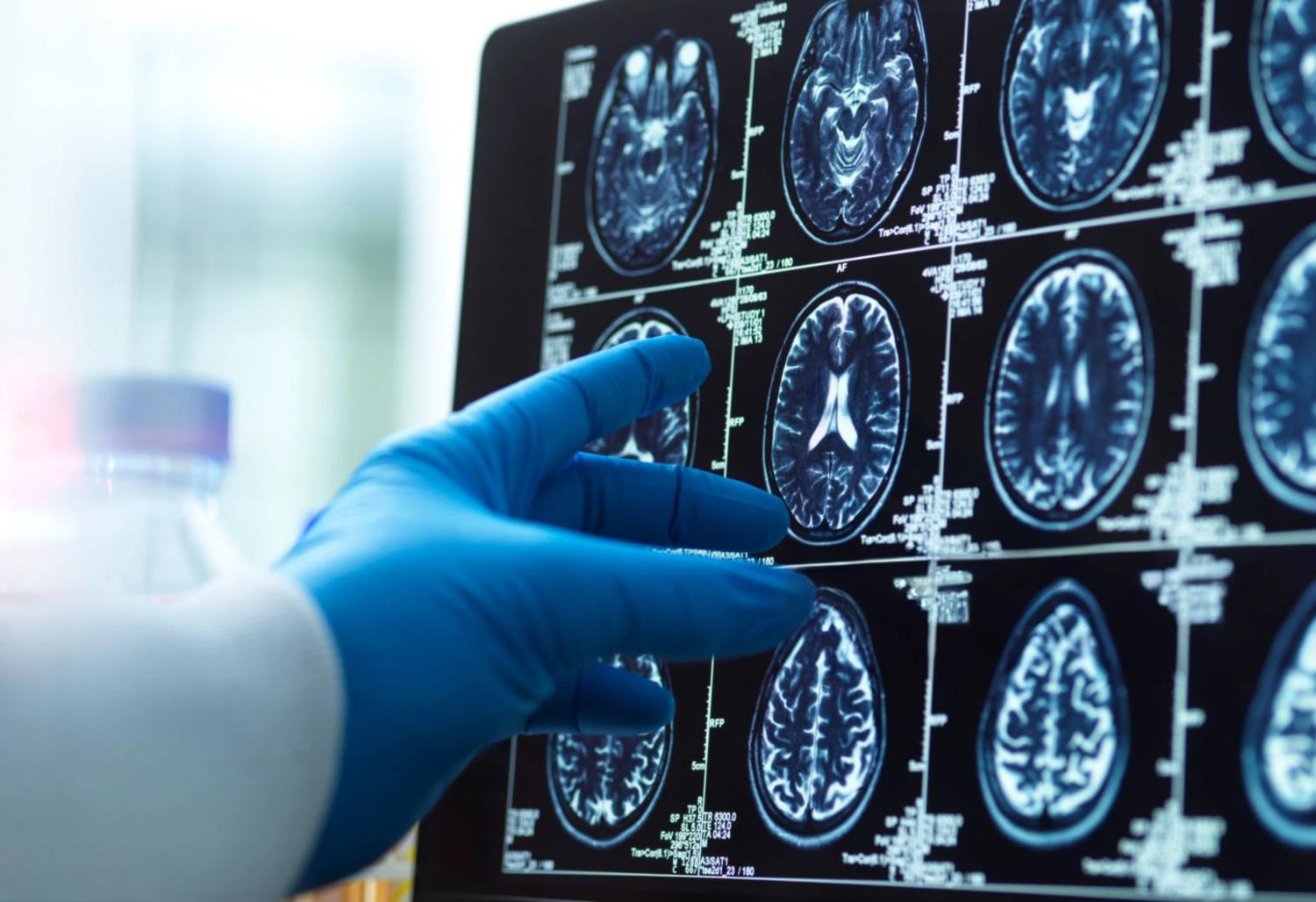People's brains aged faster during the COVID-19 pandemic than before—even among those who weren't infected, suggests a study published yesterday in Nature Communications.
UK researchers used longitudinal neuroimaging data from the UK Biobank to train brain age-prediction models on brain characteristics at different ages from 15,334 healthy adults with an average age of 63 years. Less than 4% of participants, who generally had few underlying medical conditions, required hospitalization. All participants tested negative by 3 weeks after infection.
The team then applied the findings to 996 different healthy participants (average age, 58.8 years) with two magnetic resonance imaging (MRI) scans from either before the pandemic (control group) or one taken before and one after the emergence of SARS-CoV-2 (pandemic group).
Brains about 5.5 months older than actual age
Structural changes evident in brain images revealed that, even with initially matched brain age gaps (predicted brain age vs chronological age) and health markers, the pandemic significantly accelerated brain aging, with the pandemic group showing an average brain age gap of 5.5 months at the second time point compared with controls.
This supports the concept of brain resilience loss leading to faster cognitive decline, consistent with existing neurodegeneration and dementia research and recent epigenetic models.
The greatest degree of accelerated brain aging was seen in older people, men, and those from socioeconomically deprived backgrounds (especially those with low education and employment levels and poor health), regardless of COVID-19 infection status.
The pronounced age effect in COVID-infected participants suggests a complex model of cognitive decline linked to more pronounced brain aging from infection-related factors in older people. "This supports the concept of brain resilience loss leading to faster cognitive decline, consistent with existing neurodegeneration and dementia research and recent epigenetic models," the investigators wrote.
Accelerated brain aging, however, correlated with decreased cognitive performance—which the authors said doesn't necessarily manifest as impaired cognition and memory—only in COVID-infected participants.
The study "highlights the pandemic’s significant impact on brain health, beyond direct infection effects, emphasising the need to consider broader social and health inequalities," they wrote. The pandemic's effects may have also included lower levels of physical activity, poorer nutrition, and increased alcohol use.
Significant impact on mental, neurologic health
When the researchers evaluated participants who had taken cognitive tests and scanned before and after the emergence of SARS-CoV-2, only those who had COVID-19 between the two scans showed signs of cognitive decline (eg, reduced mental flexibility and processing speed). The researchers said that, in these cases, brain aging might not have been severe enough to affect cognition during the pandemic.




















